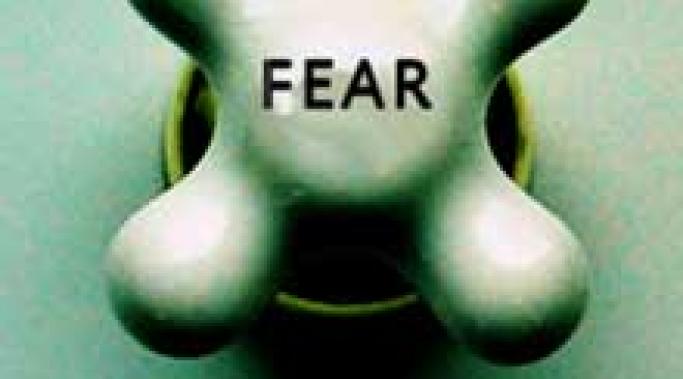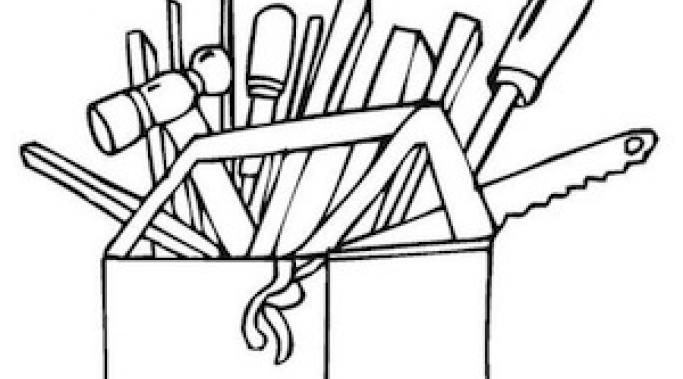Blogs
Addiction comes in many forms. Often when we think of this disorder we think of its impact on the individual. There are many harmful effects associated with addiction: poor health, legal consequences, and psychological problems to name but a few. For most individuals who are in active addiction their lives are ruled by the relentless desire to get more of the substance despite how bad things become. But addiction goes far beyond the problems associated with the individual addict.
Mental illness and rage often go hand in hand---primarily when the illness is not yet treated. Rage is scary and stems from irritability and anger. It represents, and feels like, complete loss of control. What is rage and how can we confront it when living with mental illness?
Wow - I wish I knew how to do that, don't you!?!?! No, seriously, I'm not very good at consistently getting my hyper brain under control, but I have a few strategies that have worked in the past. My Adult ADHD brain is a monster sometimes and it needs to be fed a weasel or two to be satisfied. Bear in mind, the weasel is a vegan mock-weasel.
How My Mental Health Problems Manifest as Fear
I was diagnosed with clinical depression in 2002 at the tender age of 19. Since then, my diagnosis has changed to bipolar disorder and a typical day for me is rarely free of some type of anxiety or depression. In the beginning, a number of fears came over me ranging from a fear of social situations to fear of failure and an overall fear that I would live the rest of my life fighting an endless battle trying simply to enjoy all of the wonderful things life has to offer. At the end of the day, I am strong – but so is my disorder.
So, maybe I was wrong. Sometimes you just don't know.
Yesterday Ben seemed a little bit off. We know the signs. He tries too hard to be "sociable"...like asking "how was your day?" three times in the space of ten minutes. His smile seems too forced, his attention to some tasks too focused. He seems to be mumbling under his breath to - to whom? When I ask, he tells me he's just thinking about a song.
Insert sigh here. What might come next? And what can I do?
Meds, or Mood?
In the past, moods like this were usually precursors to worsening symptoms, and a sign that Ben was off his medications. But now...now we ourselves supervise the twice-daily regime, and Ben has been remarkably relapse-free for over 18 months.
Still - something's up. Something is not right. But what? And why?
When you live with a mental illness you understand depression. You know how much depression hurts, the damage it can cause, and the fear that results from it. But it can be hard to distinguish a state of sadness from that of depression. And it be scary not knowing if you may be experiencing a depression relapse or, with any luck, just feeling plain sad.
Today I tuned into a webcast on managing bipolar depression. I wasn’t sure what to expect although I was aware the webcast was designed for doctors so I knew the level of discourse would be high.
And I must say it was a great hour. Granted, I knew the vast majority of what was being presented but the nuggets of new items here and there definitely made it worthwhile.
What’s more is that this view on managing bipolar depression is evidence-based and they present the numbers behind what’s recommended. They make clear which studies are drug company-funded and which are not. It’s the kind of information that I wish every doctor knew.
And, if you have bipolar, especially bipolar depression, it’s the kind of information you should know too.
Navigating changes in a relationship where one member has Adult ADHD can be tough. In part one of this series, my wife and I discussed how a solution called previewing helped me handle change. Here, we talk about how we've managed to ameliorate my grumpiness when it comes to unexpected change and planning for it. Please pardon my wife's cuteness and do not let it distract from the possibly important message.
One thing I didn’t address in my last post about what you can learn from eating disorder relapse was coping skills. Honestly, I started to, but coping skills really deserve a post all their own. When I was crafting my eating disorder recovery plan last summer, I had literally a two-page list of coping skills to use when I felt like I wanted to use eating disorder or self-harm urges. Awesome, right?
Well, sort of. Having a two or three or ten page list of coping skills isn’t going to do anything for your eating disorder recovery unless you’re actually using them.
Happiness is not a pursuit or a journey, but rather increasing positive feelings in the moment. Learn how be happier, improve self-esteem and happiness in your everyday life.








